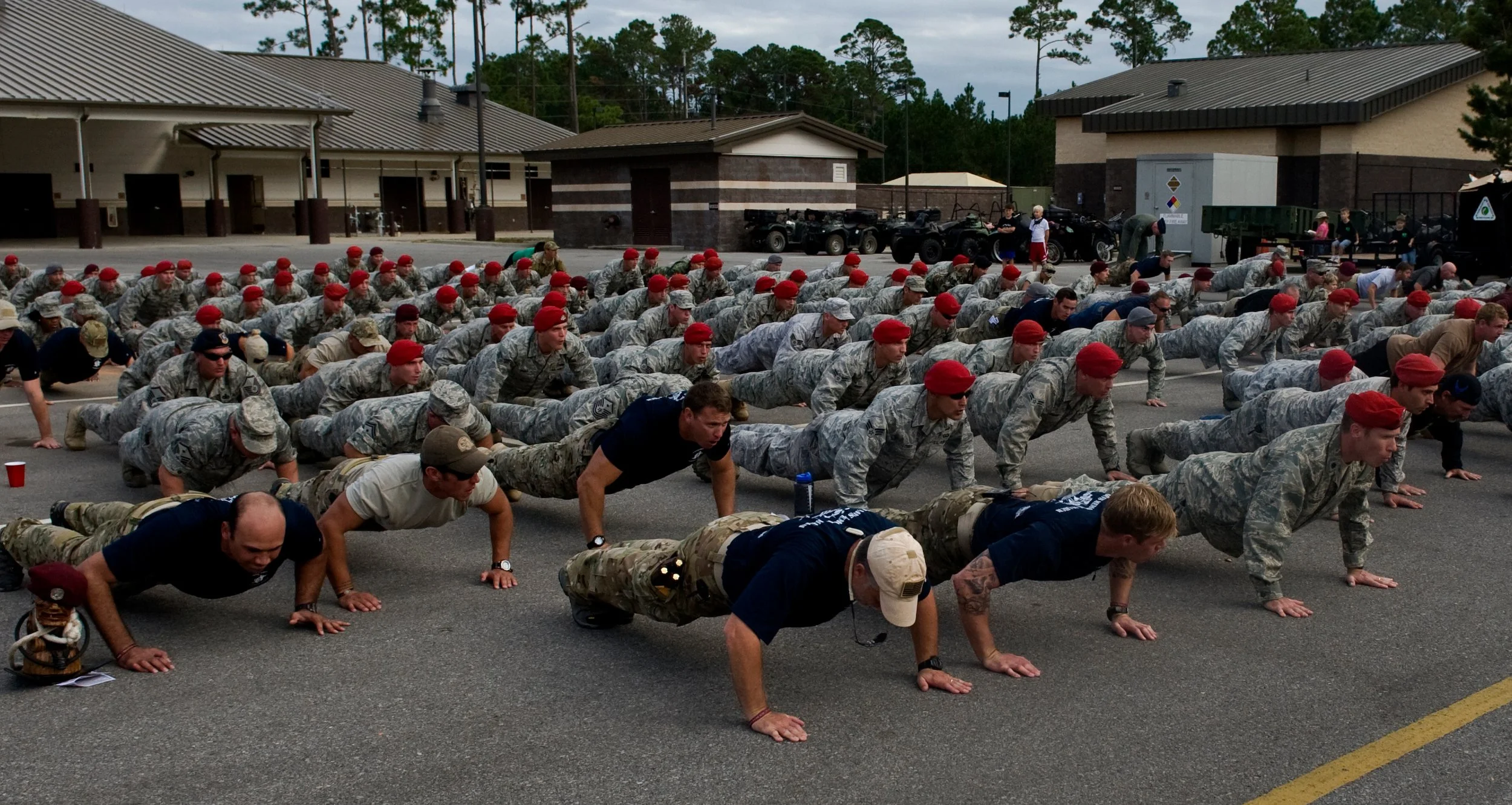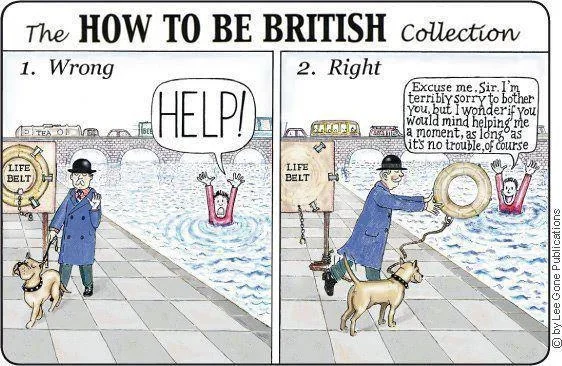Want to make someone a little happier today? Ask for their help
The Navy SEALs are among the toughest people on the planet. Their selection process is brutal. Only around 2.5% of applicants make it through.
So, if you’re thinking of trying out for the Navy SEALS, what’s the secret to passing one of the hardest selection processes in the world?
Simon Sinek often shares a story from his time observing their training and what he learned about who succeeded … and who didn’t.
“It’s not the tattooed, muscly guys. It’s not the star college athletes. And it’s not the loudest or most aggressive who make it through. It’s the ones who, in moments of exhaustion, pain, and fear, are willing to ask for help and, just as importantly, are willing to offer help to others.”
He explains that the people who succeed are those who, when they’re on their knees crawling through the mud, will turn to the person next to them and say: “I’ve got you.” And just as quickly: “Can you help me?”
Why is asking for help so important?
The Navy SEALs work in some of the highest-pressure situations imaginable. Their survival depends on functioning as a team, so their selection process is designed to identify not the strongest individuals, but the best team players.
People who can show vulnerability and build trust create teams with very high levels of psychological safety — and research consistently shows that psychologically safe teams perform better.
You have psychological safety when you feel safe to ask questions, admit mistakes and make suggestions without fear of any negative consequences. Teams that are psychologically safe perform better and report higher job satisfaction.
How will asking for help make you happier?
To be happy at work, or in a relationship for that matter, you need to feel safe. According to the US Surgeon General it is one of the five essentials for workplace wellbeing, and arguably the most important.
By asking for help, you build trust and safety with the person who helps you, making you and them feel safer.
But here’s the real bonus. Asking someone for help will actually give them an even bigger happiness boost. In the study “Spending Money on Others Promotes Happiness” (Science, 2008) by Elizabeth Dunn found that people who spent money on others rather than themselves felt happier.
This is explained in a study from 1996 called “The Helper’s High (and Receiver’s Benefit)” which found that giving and receiving help triggered dopamine and oxytocin, hormones associated with pleasure and social bonding.
Asking for help is difficult
For many of us, asking for help feels uncomfortable.
I’m British, I was born in Britain and educated in Britain. For years I wouldn’t ask for help because I didn’t want to trouble people or inconvenience anyone. I’d “soldier on” because that’s what British people do.
It turns out I wasn’t alone.
But I was wrong.
In a 2022 study, “Surprisingly Happy to Have Helped: Underestimating Prosociality Creates a Misplaced Barrier to Asking for Help”, psychologists Xuan Zhao and Nicholas Epley found that people consistently underestimate how willing and happy others are to help.
We avoid asking because we assume others don’t want to be bothered. But in reality, helpers often feel happier and more connected afterwards. Knowing this encourages more people to reach out when they need support, which strengthens relationships and builds mutual trust.
The bigger picture
By asking for help it achieves three things:
It gives you the support you need.
It makes the other person feel good.
It builds trust and makes your relationships stronger.
Tip of the week
Ask someone at work for a hand doing something - even something small. It’ll make them happier, it’ll make you happier and will make your team stronger.
According to the US Surgeon General, there are five essentials to workplace wellbeing. Feeling safe is arguably the most important. By asking your team for help you build safety and improve both yours and their wellbeing.
Further Reading:
In Give and Take, Adam Grant cites research showing that workplaces where people regularly ask for and give help are more collaborative and resilient.
Amy Edmondson (Harvard Business School) Edmondson’s research on psychological safety shows that teams where members feel safe to ask for help, admit mistakes, or express uncertainty perform better and report higher job satisfaction.
In “Surprisingly Happy to Have Helped” by Xuan Zhao and Nicholas Epley show that people often don’t ask for help because of inaccurate assumptions about others willingness to help.
Follow the blog
I regularly write on how you can use the science of happiness and the science of wellbeing to improve team performance. Sign up now to receive the latest blog posts in your inbox.




